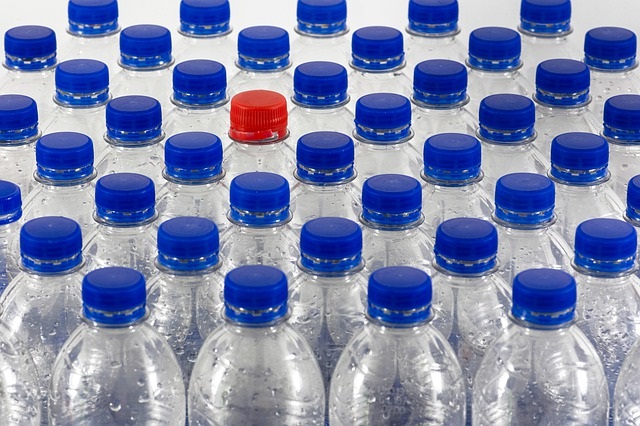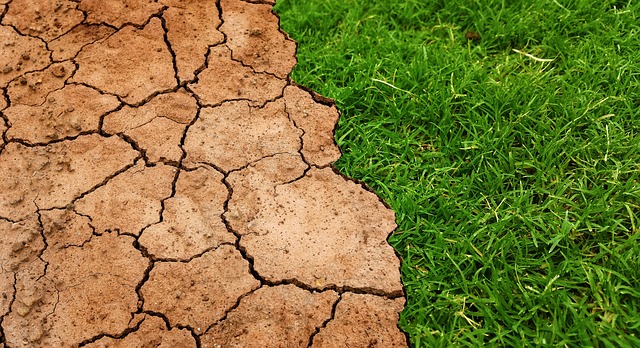- Recent research has reported the presence of chlorine-resistant bacteria in water filter plants based in Rawalpindi.
- The methodology of the study includes the collection and microbiological analysis of 107 water samples for evaluating the anticipated results.
- Waterborne diseases are proven fatal and directly transmitted to humans through drinking water consumption.
- It is recommended that drinking water should be boiled because this process along with the chlorination – disinfection method kills bacteria.
According to the latest research, chlorine-resistant bacteria have been found in drinking water collected from a water filtration plant in Rawalpindi. This city is listed fourth populous metropolitan area of Pakistan.
Freshwater is essential for human survival. Water pollution is increasing day by day in Pakistan due to extreme weather events, climate change, direct discharge of industrial effluents into waterways, agriculture runoff, leachate from waste sites, etc. Non-point sources are major contributors to extreme environmental pollution.
Drinking water contamination clearly shows the polluted waterways in Pakistan. Inadequate measures to prevent water pollution have led to depleted water reserves in the country. Filtration plants are installed to provide safe drinking water to the people. The purpose of the research indicates that biological pathogens have become resistant to chemical treatments of water.
The research conducted microbiological quality of drinking water and analyzed 107 collected water samples. The water samples were collected from filtration plants installed in the city, Rawalpindi. Two key points were investigated; first – the resistance of bacteria to the chlorination and second – the antibiotic sensitivity of isolated pathogens. Half of the samples were found suitable for human consumption.
Every year millions of people die due to waterborne diseases. The humans who consume contaminated water are the direct victims of waterborne disease. The biological contamination of drinking water makes it unfit for human consumption. There are various ways to treat polluted water. Wastewater treatment includes series of processes. The chemicals are added to prevent water from getting contaminated with pathogens. Disinfecting water before supplying it to the public is a common practice in Pakistan.
However, the study evaluated thought-provoking results. The pathogens have developed resistance to chemical treatments. The study reported that only two antibiotics – Tetracycline and Ciprofloxacin were proved effective against the microbes that cause waterborne diseases. The contamination of drinking water with fecal coliform indicates one big issue that surface and underground waterways are getting contaminated with human and animal excreta.
Furthermore, it is highlighted in the research that resistive pathogens can pose serious health problems to humans. The study concluded with this recommendation that in order to get rid of disease-causing pathogens, boiling drinking water is a must. Chlorination is an effective method to treat contaminated water but boiling along with chlorination would be the most efficient solution to kill pathogens.
Also check out: Bioaccumulation of Heavy Metals in Fish from Karachi Coast
I hope you all liked this post! Please comment below if you have any suggestions, comments, or feedback! We at #envpk love hearing from our readers! Thanks!




